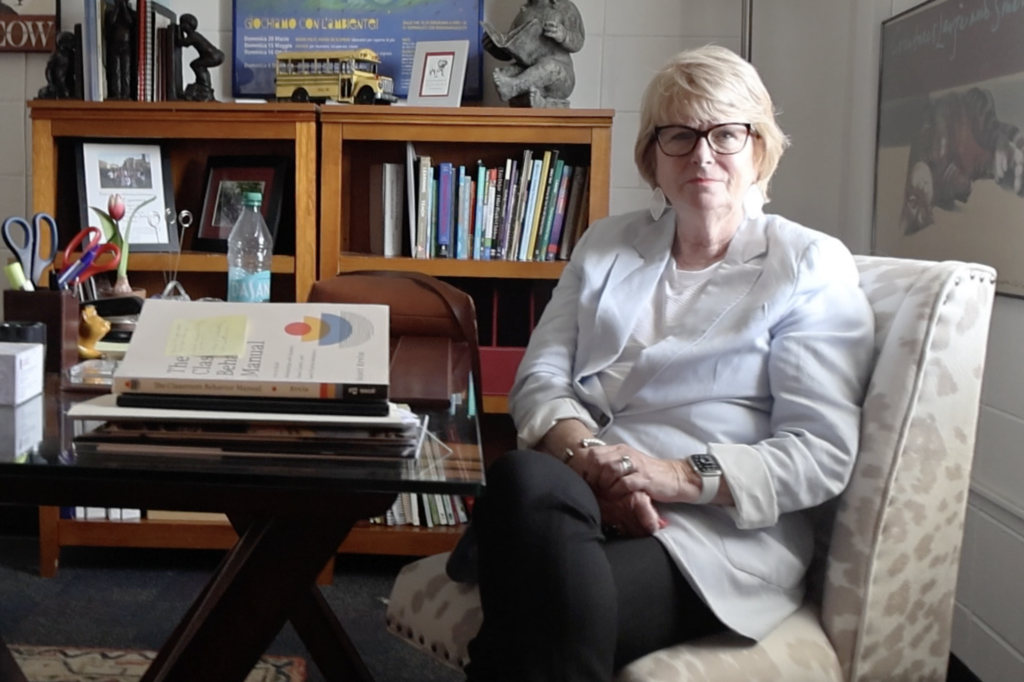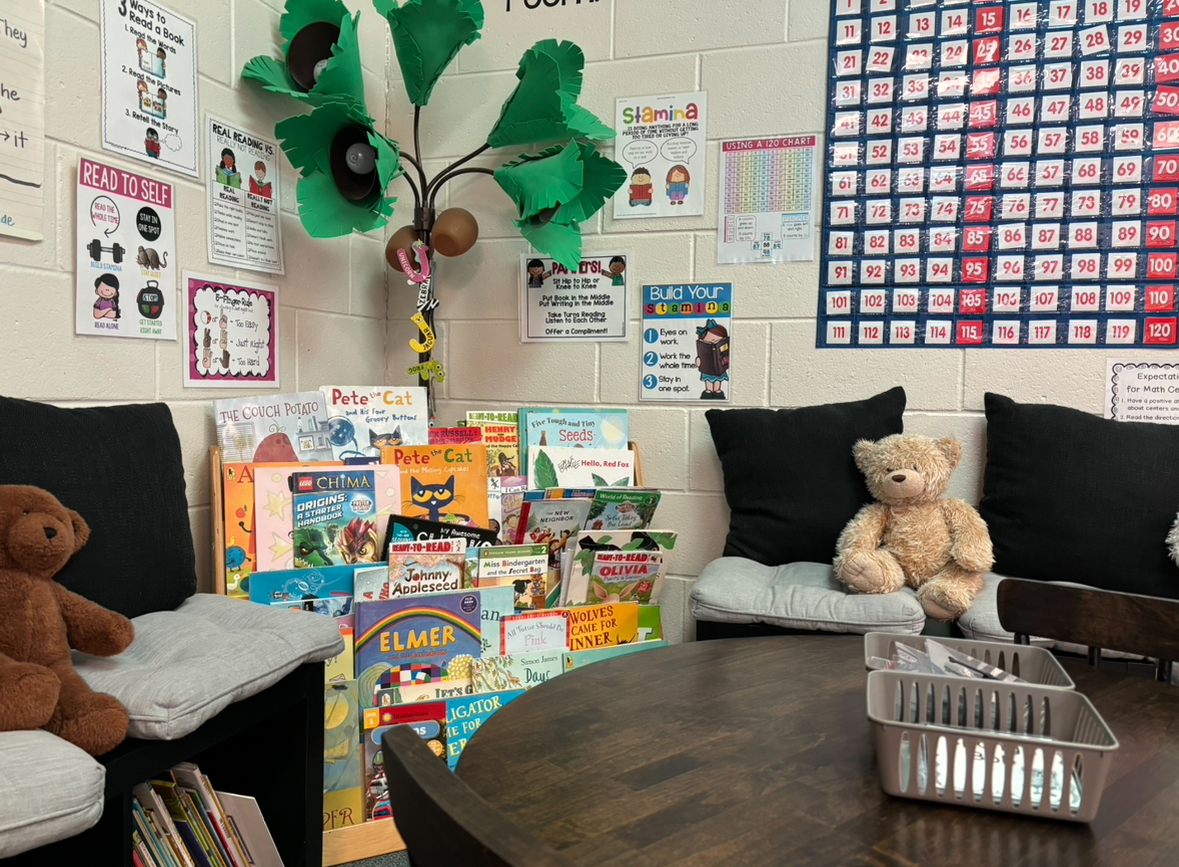Editor’s note: The Georgia elementary school principal is identified only by the state they are employed to protect the privacy of the school in which they work.
Scripted curriculum is a one-size-fits-all approach to education, and its effectiveness remains unknown a year after its inception.
This teaching system often requires educators to use the same lessons, readings or presentations across an entire cohort of students. Scripted curriculum is utilized to ensure that every student is receiving the same education and remaining at the same pace as their peers. It is usually applied when teaching reading and math as the comprehension of these topics are crucial for early education.
Athens-Clarke County utilizes Fundations as well as Wit and Wisdom, both of which instruct students on foundational literacy. Many educators consider Wit and Wisdom to be heavily scripted. In ACC, test scores in reading proficiency of elementary school students rose in 2024 compared to 2023.
One elementary school principal attributes this improvement to using a scripted curriculum.
“I will say for my school personally, we saw a 15% increase in reading proficiency in one year, which is a lot,” said the principal.
The Problem
According to the elementary school principal, scripted curricula evens the playing field for novice and seasoned educators alike; however, there has been pushback by many experienced educators as they feel it restricts their ability to use creativity. This could be leading to the overall unhappiness of teachers in the occupation, and in turn, may be contributing to the current teacher shortage.
Beth Tolley, a University of Georgia professor in the Mary Frances Early College of Education and former teacher in Athens-Clarke County, thinks scripted curriculum hinders those with higher education in teaching, stripping them of the opportunity to put their training in the profession to practice.
“It’s so frustrating for me that I see my students with such potential to be wonderful teachers and they don’t get that opportunity,” said Tolley.
Tolley claims parents and educators still worry that while many students may be receptive to this uniform and generic way of instructing, others may struggle to learn through this technique. She believes students who learn effectively through more creative, inventive instruction may find themselves floundering under this new style of teaching.

Stephanie Westhafer, a West Jackson Elementary School first-grade teacher, was nominated teacher of the year in 2023 and 2024 and is a council member of Gov. Brian Kemp’s Georgia Council on Literacy. She chose to work at West Jackson Elementary because it is certified as a Science, Technology, Engineering, Arts and Sciences school under the Georgia Department of Education.
She believes scripted curriculum does not allow students to use their critical thinking skills, while STEAM-based curriculum compels students to think outside the box.
“When you have a script, the biggest problem you have there is you don’t have the student voice and choice,” said Westhafer. “You’re not pulling in the background. You’re not having them critically think or problem solve anything. You’re basically telling them you have the answer, and they just need to repeat it back to you. And I think that’s doing a disservice to kids.”
The Jackson County School System is among the fastest growing school districts in the state. They test above average in the SATs and ACTs as well as the Georgia Milestones, the elementary end-of-grade assessment in reading and math.

The Solution
According to Westhafer, WJES has a blended curriculum, meaning they use both scripted and non-scripted approaches to teaching. This includes project- and inquiry-based learning in all subjects as well as creative problem-solving in math.
WJES allows students to learn through the use of their greenhouse, nature trail, livestock and aquaponics and raised gardens. This can equip students with hands-on, real-world skills.
Unlike science, math and social studies, Westhafer believes foundational literacy from kindergarten through third grade should be completely scripted, following a scope and a sequence, to avoid gaps in students’ ability to read. By third grade, educators deem it crucial for students to be proficient in reading and arithmetic because it is often referred to as the point where students are “reading to learn” rather than “learning to read.”
Schools in both Jackson and Athens-Clarke County use K-3 curriculum that adheres to the “Science of Reading” instruction, focusing on vocabulary, fluency, phonemic awareness, comprehension, vocabulary and phonics. Understanding phonics allows students to identify how letters and sounds go together in the written language, which is crucial to the early education of students.
Tolley believes the solution to the curriculum debate is to offer scripted curriculum as merely an optional framework for teachers to fall back on when needed. She said this would allow teachers with proper training to have the freedom to creatively make their own lesson plans, while also ensuring that all teachers and students have the basic means to succeed if they need the additional support from scripted curriculum.
Neva Drane is a journalism major at the University of Georgia.









Show Comments (0)